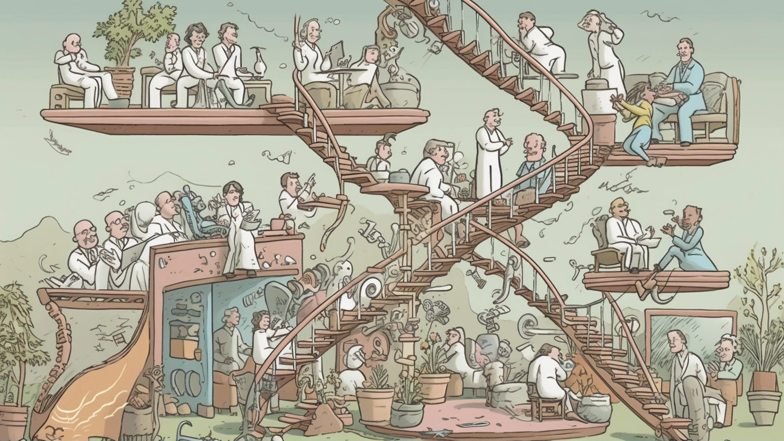
At the heart of the debate surrounding genetic engineering is the idea of "playing God." The power to manipulate genetics raises questions about what it means to be human, and whether or not humanity should have the right to alter the very building blocks of life. The idea of "designer babies," where parents can select specific traits for their children, has been a topic of much controversy. While the idea of selecting for things like intelligence, athleticism, or physical appearance may seem appealing to some, the implications for creating a society where genetics are valued above all else could have immense social consequences.
Aside from the ethical considerations, there are also serious health concerns that arise when genetic engineering is not done responsibly. One example is the use of GMOs (genetically modified organisms) in agriculture. While there is the potential to create crops that are more resistant to pests and can produce higher yields, there is also the potential for unforeseen health consequences. Many studies have linked GMOs to a variety of health concerns, with some even suggesting a possible link to cancer. Moreover, the use of GMOs in agriculture raises major environmental concerns. GMOs can spread and contaminate crops and even entire ecosystems, leading to irreversible damage to the environment.
However, it is important to note that genetic engineering also has the potential to do a lot of good. Gene editing has the potential to eradicate genetic diseases like cystic fibrosis, sickle cell anemia, and Tay-Sachs disease, which cause immense suffering for millions of people around the world. Genetic engineering also has the potential to create new medicines, therapies, and vaccines that could save millions of lives. Instead of viewing genetic engineering as an inherently negative thing, we should be focused on creating a regulatory landscape that fosters innovation while protecting people and the environment from potential harm.
One important consideration is that of informed consent. As with any new medical procedure or technology, there must be safeguards in place to ensure that people understand the risks and benefits of genetic engineering before they make a decision. Providing people with the information they need to make an informed decision about genetic engineering is critical to protecting their autonomy and agency.
Another consideration is the impact of genetic engineering on marginalized and vulnerable populations. There are concerns that genetic engineering could be used to further widen existing social and economic divides, creating an even greater disparity between the haves and have-nots. It is important to ensure that the benefits of genetic engineering are not restricted to a select few, and that everyone has equal access to these life-saving technologies.
One possible solution to the ethical dilemmas surrounding genetic engineering is the use of a "precautionary principle." This principle states that if an action or technology has the potential to cause harm to human health or the environment, then it is the responsibility of those who carry out the action or develop the technology to prove that it is safe. This principle could be used to guide the development of new genetic technologies, ensuring that they are safe and effective before they are released into the world.
Another solution is the use of ethical frameworks to guide decision-making around genetic engineering. One such framework is the "four principles" approach, which states that any action or technology must be judged based on its autonomy, beneficence, non-maleficence, and justice. These principles could be used to guide ethical decision-making around genetic engineering, ensuring that new technologies are developed in a responsible and ethical way.
In conclusion, genetic engineering is a complex and rapidly advancing technology that has the potential to change the course of humanity. While there are certainly ethical concerns around the manipulation and creation of life, there is also potential for immense good. By balancing innovation with social responsibility, we can ensure that genetic engineering is used to create a more just and equitable society, without causing undue harm to people or the environment. Ultimately, it is our responsibility as a society to determine the right balance and take action to ensure that we are moving forward in a responsible and ethical way.
Comments
Post a Comment